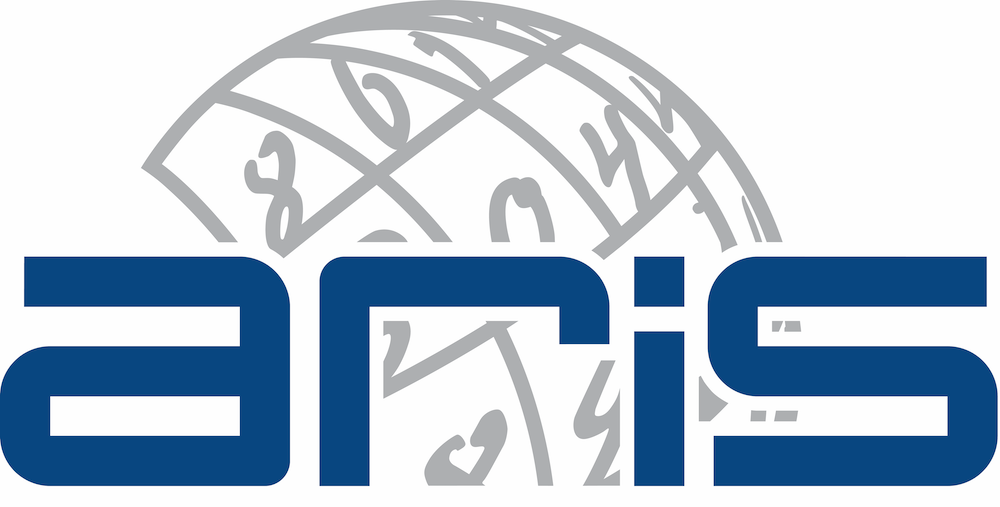Journal of Information Technology in Construction
ITcon Vol. 11, pg. 655-668, http://www.itcon.org/2006/45
Computing in architectural design: reflections and an approach to new generations of CAAD
| submitted: | October 2005 | |
| revised: | April 2006 | |
| published: | August 2006 | |
| editor(s): | Turk Z | |
| authors: | Rabee M. Reffat, Assistant Professor Architecture Department, College of Environmental Design, King Fahd University of Petroleum and Minerals, Saudi Arabia email: rabee@kfupm.edu.sa, homepage: http://faculty.kfupm.edu.sa/ARCH/Rabee | |
| summary: | This paper introduces a reflective perspective on the role of computing in architectural design over the previous generations of computer aided design. Paradigms of the design process and computational models of designing are discussed. The evolution of computer aided architectural design is investigated. Both deadly sins and arguable virtues of computing in architectural design and their implications are reviewed. Based on addressing recent emerged developments of computer aided architectural design (CAAD), this paper introduces an approach for the new generations of CAAD that has the potential to provide a better CAAD future for architectural researchers, educators and professionals. This approach envisages that in the new generations of CAAD architectural designing will be carried out collaboratively and synchronously within smart and real-time 3D virtual environments within which architects are designing with intelligent agents based on the view of situated digital architectural design. | |
| keywords: | CAAD, architectural design, future of CAAD, 3D real-time virtual design environments. | |
| full text: | (PDF file, 0.099 MB) | |
| citation: | Reffat R M (2006). Computing in architectural design: reflections and an approach to new generations of CAAD, ITcon Vol. 11, pg. 655-668, https://www.itcon.org/2006/45 |




